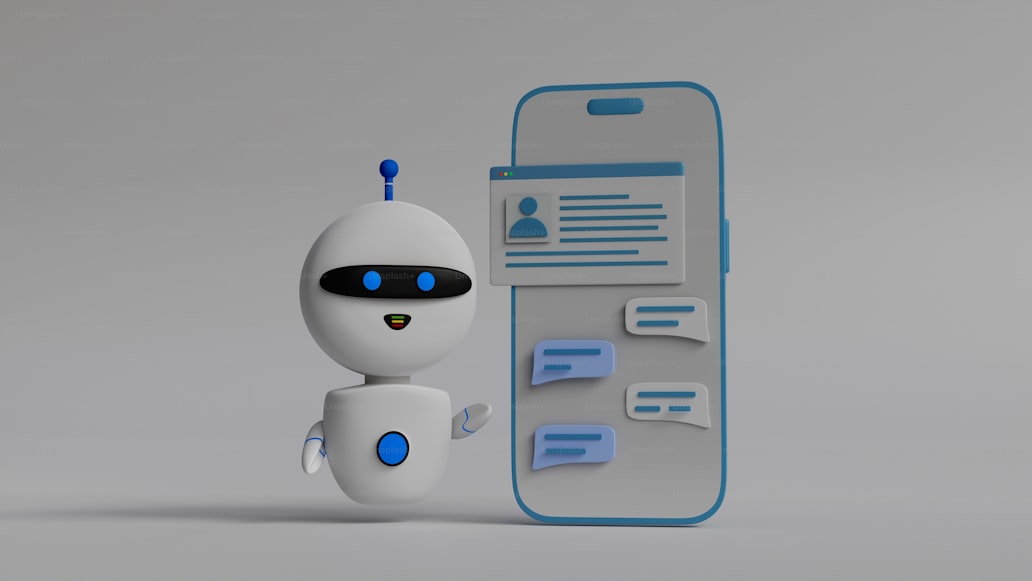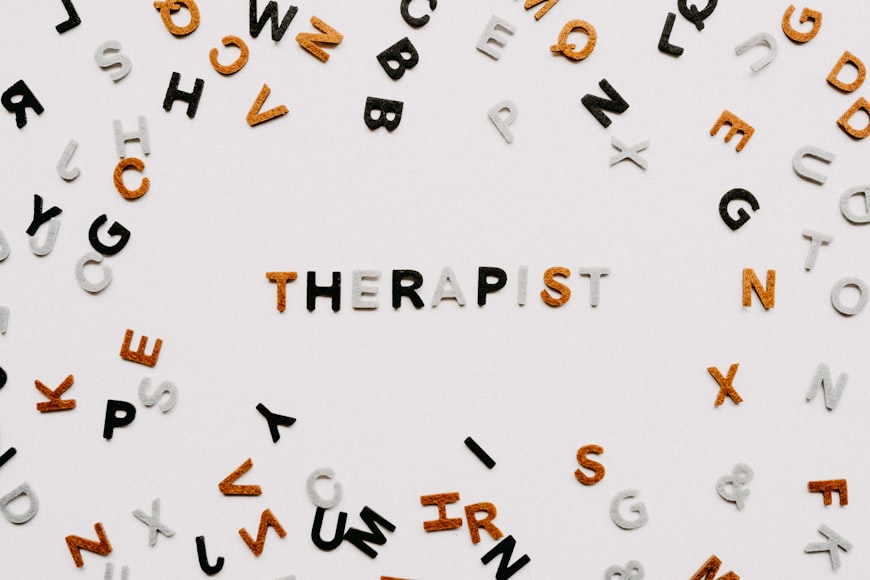Our fast-moving world is outpacing mental health care. Long waitlists, high costs, and too few therapists are only some of the barriers to getting help. So, when I learned about Sonia, an AI chatbot purporting to offer therapy, I was interested. Might this be a reachable solution for those unable or unwilling to tap into traditional treatment?
Let's dive into the potential and pitfalls of this innovative approach.

Sonia was founded by three tech enthusiasts: Dustin Klebe, Lukas Wolf, and Chris Aeberli. The trio met at ETH Zürich before moving to study at MIT, driven by a shared passion for scalable technology that later led them to blossom into an AI therapist you can talk to or text via an iOS app.
For $20 a month or $200 a year, users can chat with Sonia about everything from anxiety and depression to relationship woes and lousy sleep. No project has ever undertaken such an extensive gap-filling exercise in the accessibility of care for mental health.
At its face value, Sonia is an innovation disruptor. It taps into cutting-edge generative AI models to respond to users, while cognitive behavioral therapy methods are employed to provide meaningful interactions. It can even dole out homework to cement insights learned from sessions. For a user who cannot afford conventional therapy or doesn't want the hassle of searching for a therapist, Sonia offers a beautiful answer.
However, AI replacing human therapists is highly debated. One of the major issues is that it lacks a human touch. Many studies show that the relationship between the therapist and client is one of the most critical factors for effective mental health treatment. Can any chatbot, no matter how advanced, really simulate a human therapist's empathy, intuition, and subtle understanding? I am highly doubtful.
But, of course, while the founders of Sonia are brilliant in their field, they're not psychologists. They're consulting with psychologists and are hiring a full-time clinical psychologist, which was very reassuring. Yet, without deep psychological expertise in the development stages, this might limit its effectiveness. Building technology is one thing; understanding the complicated, often messy nature of human emotions and mental health is quite another.
Another exciting aspect of this is privacy. Klebe claimed that Sonia only stores minimal personal information, a user's age and name. He, however, failed to explain how long and where conversation data are kept. At a time when data breaches have become very common, users need lucid and solid assurance that their very private conversations are safe.

While there are legitimate concerns about the service, it is equally evident that accessible mental health care is massively needed. More than half of the US lacks adequate access to mental health professionals. The number is even more significant for those who just can't afford traditional therapy. Sonia's far from perfect, though she could be a godsend resource to so many who otherwise get no help at all. What impresses me about Sonia is that she brings an aspect of democratization to mental healthcare. Traditional approaches can prove to be unreachable for many. Sonia lowers that barrier—the on-ramp, if you will—heavy on those who would otherwise be overwhelmed by some directions on how to start.
Based on the customer reviews published in the App Store, lots of users say it's easier to open up to a chatbot compared to a human therapist, and already this big step is mainly done.
Check out the site below and let me know your thoughts about it in the comment section
Posted Using InLeo Alpha